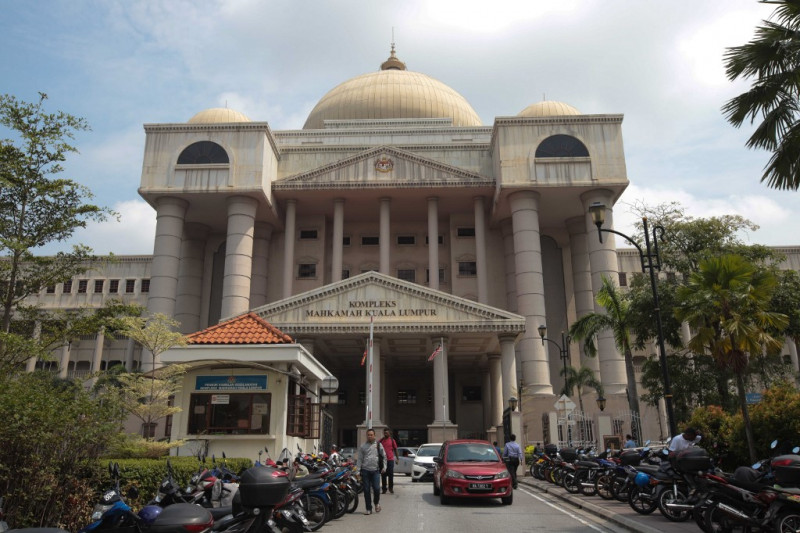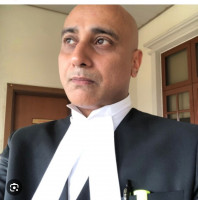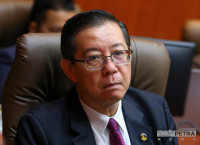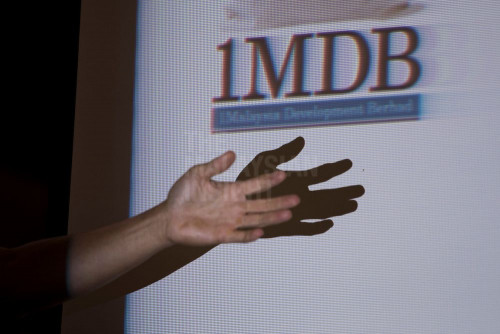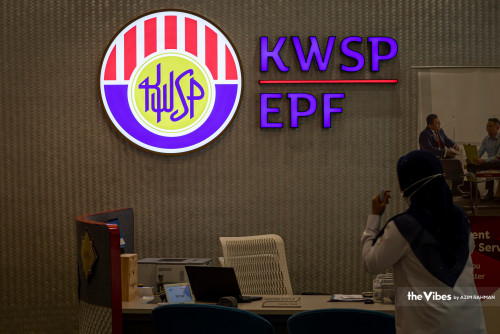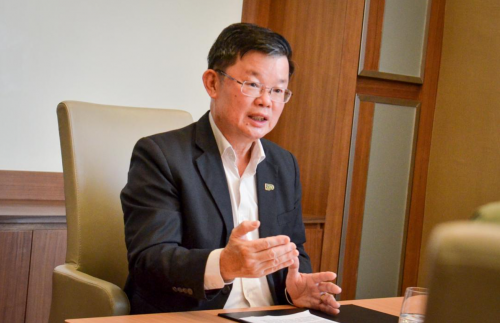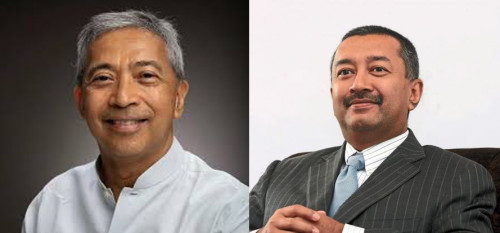
There is no greater threat to a free and democratic nation than a government that fails to protect its citizen’s freedom and liberty as aggressively as it pursues justice.” – Bernard B. Kerik
THROUGHOUT history and around the world, there have been persistent allegations against governments for selective prosecution where it is alleged that the criminal justice system is used as a political tool to stifle freedom of speech, to discredit organisations that oppose government policies, to curb dissent and, at times, to compel some individuals to expense time and money to defend criminal charges brought about by political motivations. Undoubtedly, it cannot be denied that there are instances where the cries of selective prosecution by abusing the legal system premised on political grounds and levelled against government agencies are unfounded, and merely done to either garner public sympathy and assert public pressure on the authorities to withdraw the indictment, or simply to dishonour the criminal justice process.
A government is vested with the power to exercise control and authority over its citizens, and in doing so, enforces the law of the land, which includes laws relating to criminal offences through various government agencies within its control and direction. In this regard, by virtue of their authority and control, governments wield considerable amount of power and influence over a person’s life, liberty, profession, and reputation when it comes to preferring criminal charges against individuals. However, this extensive discretionary power must never be abused and should not just be exercised, but seen to be exercised meticulously and fairly.
Of late, there have been accusations of political interference in matters involving several high-profile personalities in that criminal charges were either brought about, or withdrawn by the prosecution unjustly. In some instances, the prosecution’s discretion and decision to substitute the charges with a penalty has been criticised. Undoubtedly, frivolous allegations of political interference against government agencies – and in particular, the Attorney-General’s Chambers – in exercising prosecutorial discretion tantamount to a serious imputation and an aspersion on the uprightness of public agencies tasked with ensuring and upholding justice.
Criminal justice systems around the globe are forged and formulated on the presumption of innocence and the burden of establishing guilt requires proof beyond a reasonable doubt. Whilst a person may be found innocent and acquitted of any criminal allegations against him by a court of law, nevertheless, that person may still be perceived in society’s field of vision as culpable and blameworthy. It is imperative in a modern, evolving society that the criminal justice process in Malaysia be refashioned and reassembled to dispel unfounded allegations of unwarranted interference and to manifest equity and fairness. After all, laws are not cast in stone, but instead are written on the sand of shores only to be washed away by the tide of time. In this regard, the law must evolve in accordance with society’s aspirations, perceptions, and customs.
It is, therefore, feasible and timely that changes are made to Section 172A of the Criminal Procedure Code to introduce and legislate a non-partisan, fair, and just process by enhancing the process of pre-trial conference for criminal cases. Unquestionably, the paramount duty of a prosecutor’s role is to seek justice within the confines of the law, yet, at the same time, to strike a balance between pursuing appropriate criminal cases along with the interest and repercussions of a wrongly accused person’s reputation and livelihood. At present, Section 172A of the Criminal Procedure Code provides for a pre-trial conference between the accused advocate and the public prosecutor to discuss matters relating to a case, including any alibi of defence and plea bargaining. However, it is proposed that a more robust and efficient pre-trial conference be introduced by including the process of a preliminary hearing in Section 172A of the Criminal Procedure Code.
A preliminary hearing at the pre-trial conference stage should be held between the prosecution and defence before a magistrate or judge to determine whether a criminal case ought to proceed to trial. At the preliminary hearing, both parties would present their respective cases and preliminary evidence before a magistrate or judge to determine if the charges brought about have any merit or whether the criminal justice process is being abused for an ulterior motive inconsistent with justice. The process of a preliminary hearing should commence after a not guilty plea, and should be held within 60 days from the date an accused person is charged in court.
The court should then fix a preliminary hearing date to determine whether the prosecution can demonstrate to the court the existence of sufficient evidence that warrants for a criminal trial. In this regard, the prosecution only needs to introduce at its discretion limited physical evidence and/or restricted witness testimony – the investigating officer, as an example – to persuade a judge that the charges are warranted and that a criminal trial ought to be held. At this stage, the standard of establishing and justifying the conduct for a trial should be on a balance of probabilities, as opposed to the higher standard of beyond a reasonable doubt. For instance, the prosecution would have to show probable cause that an offence was committed and that it is probable enough for the court to be of the opinion that the accused may, though not necessarily, have committed or participated in an offence.
In this regard, all that is required to establish probable cause would be whether a reasonable person would strongly be suspicious that the accused probably did commit the crime. A magistrate or judge – upon having heard and evaluating the evidence presented by the prosecution – would then determine whether the accused should stand trial for the crime that he has been charged with. Hence, the objective of the prosecution at this stage is merely to persuade the judge that the criminal charges levelled against a person is neither frivolous, nor was it inspired by any political motivations or other unjust reasons.
If the judge is not convinced or concludes that the preliminary evidence presented by the prosecution does not reveal the probability of a crime having been committed as alleged, then the court must dismiss the charges preferred against the accused and set him free. At this stage, a judge would only be required to ascertain whether there is a probability that a crime may have been committed and not go into the details and merits of the case. Once the court concludes that the preliminary evidence presented by the prosecution reveals the probability of a crime, then the accused’s lawyer should be afforded an opportunity to present rebuttable evidence as to why a trial is not warranted – such as negating the existence of the ingredients of the offence and other reasons as to why the accused should not stand trial.
At this stage, the accused should be afforded the opportunity to put forth any evidence of his choice such as witnesses and documents to refute the probability of a crime and to contradict the prosecution’s version of events. However, because of the presumption of innocent until proven guilty and that in law, it is the prosecution that bears the burden of establishing and proving the elements of criminal offences beyond a reasonable doubt before an accused is called upon to enter his defence, an accused person should be afforded the option to waive the process of a preliminary hearing and instead to opt for a full trial.
There is no greater tyranny than that which is perpetrated under the shield of the law and in the name of justice.” – Montesquieu
There are several advantages for introducing a procedure for a preliminary hearing in criminal cases. An accused person may, after the preliminary hearing, consider the plea of guilt after having evaluated the weight of evidence against him since he may find that the evidence presented at this stage is minimal yet overwhelming against him. This would undoubtedly save much time, cost and resources for prosecutors, the court and the relevant government agencies. Furthermore, it would assist the judicial system in expediting the disposal of cases and reduce the increasing workload of cases on prosecutors. This process would also be beneficial to the accused who will obtain a reduced sentence by virtue of his guilty plea at the earliest possible opportunity.
Another benefit is that an accused person would have the opportunity to avoid any unnecessary humiliation, stigma, unjust public criticism, having his passport impounded, legal fees, and/or being remanded superfluously prior to the conclusion of a trial. Besides that, both the prosecution and the defence may agree to a plea bargain by virtue of Section 172C of the Criminal Procedure Code. One significant advantage to both parties would be the discovery of evidence at the trial stage and to prepare their respective cases effectively.
It is of paramount gravity to appreciate that a wrongly accused individual may suffer from significant and consequential traumatic and psychological experiences, deterioration of health, loss of identity, and negative ramifications on his financial and employment status. On the other side of the spectrum, this would unfasten and eliminate any unnecessary allegations on prosecutorial discretion and decisions. – The Vibes, October 14, 2021
Datuk Seri Rajan Navaratnam is a prominent senior lawyer who is also an independent counsel for The Vibes. He is passionate about the law and its implications on fellow citizens



